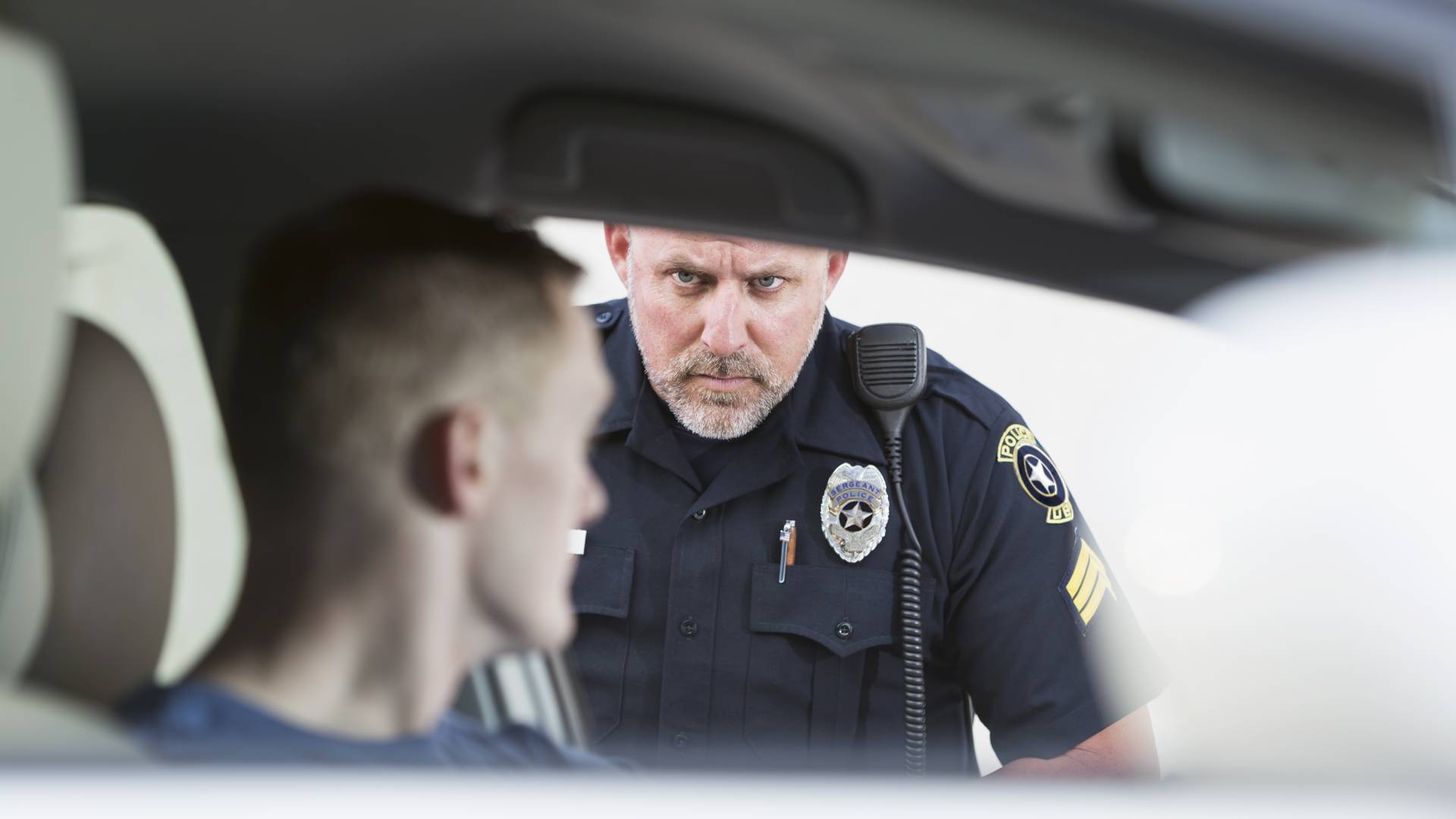A Minnesota judge is about to make some key pre-trial decisions regarding the George Floyd case. One of those decision is if the defendants will have separate trials. Could clues to this decision come from another famous Minnesota case? The judge in the murder trial of Minneapolis Police Officer Jerry Hoff also had to determine if there would be separate trials.
We know conclusion that judge came to and also the general precedent in Minnesota courts. Listen to my fully analysis by clicking here Tamburino Talks Law or read my article below:
The prosecution in the George Floyd murder cases, the Minnesota Attorney General’s Office (AG), has motioned the trial court to join all four defendants in one trial rather than allowing separate trials for each accused. The defendants have objected to that motion and have argued that a joint trial would not be fair to each of them. The judge has not yet ruled on the “joinder” motion, so this would be a good point to briefly explain the issues at hand to the public.
First, any examination of Minnesota’s case law and judicial practice would confirm that Minnesota has a well-established legal preference for separate trials. The law attempts to ensure that individual defendants receive fair trials, i.e., the jury decides the evidence against them individually and not be convicted just because they have a co-defendant(s).
Second, our judicial history proves that separate trials are favored over joint trials. A prime example would be the four separate jury trials for the four men charged with killing Officer Jerry Haaf on September 25, 1992. Officer Haaf was brutally gunned down while at the Pizza Shack restaurant by four men who were part of a street gang and conspired together to kill a police officer. They found Off. Haaf at the restaurant eating pizza and they decided to kill him. Yet, even though the four men conspired with each other, belonged to the same gang, and planned out a murder amongst themselves, they all had separate jury trials.
Lastly, the AG will have to convince the judge that the four defendants in the Floyd case would not be prejudiced by having a joint trial. This will be difficult to do considering the facts that all four may have divergent defenses, dissimilar police training histories, and divergent experiences with each other. But stay tuned, because the court’s decision will likely be issued soon.



.2407131209550.png)





